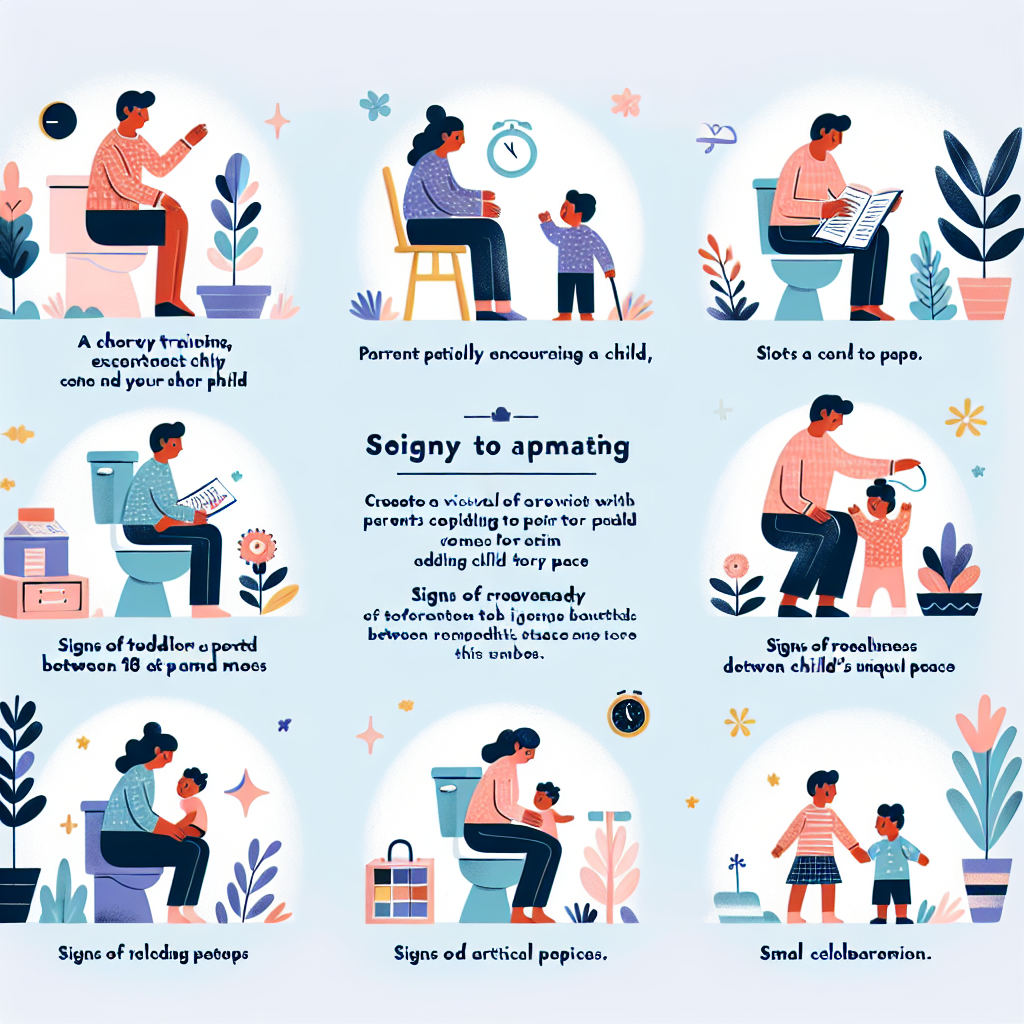At What Age Does the Child Go on the Potty: Answers and Advice from Experienced Moms
Introduction
It's a question that every parent asks themselves at some point: "At what age should I start potty training my child?" This process, often called "potty training," is a fundamental step in child development, but it can vary significantly from one child to another. Get tips and answers from moms who have already been through this stage and discover the best ways to make the transition as smooth as possible.
Identification of Readiness Signals
Before you start potty training, it's essential to recognize the signs that your little one is ready. These signals may include the ability to follow simple instructions, showing through gestures or words that they are aware when they are defecating or finished, and needing clean diapers immediately after soiling. When you start noticing these signs, it might be a good time to start.
Choosing the Right Time for Potty Training
There is no standard age at which you should start this process. Some children are ready from 18 months, while others may not be ready until they are 3 or even 4 years old. In general, the best period is considered to be between 2 and 3 years. It is important not to start too early or force your child, as this can lead to anxiety and refusal to use the potty.
First Steps in Potty Learning
Once you've decided the time is right, the first few days are crucial. Make sure you explain to your child why you are starting this new chapter and what is expected of him. Start with short potty sessions and use rewards and praise to encourage positive behavior. It is essential to be patient and supportive throughout the process.
How to Encourage Your Child to Use the Potty
An important aspect is to make using the potty a fun activity. You can use books, toys or games to distract and make your child feel comfortable. Another technique is to personalize the potty with stickers or let them choose the potty they prefer.
Accident Management
During potty training, accidents are inevitable. The important thing is not to get angry and not to punish the child. Instead, calmly state that accidents happen and encourage him to try again next time.
Learning at Olită Noaptea
Another important aspect is potty training during the night. This process may take longer and requires a lot of patience. Keep a waterproof bed liner and change the bedding when necessary, reminding the child that it is okay and that in time he will learn to get up to go to the bathroom.
Conclusion
Pottying the baby is a big adventure for both children and parents. Therefore, it is crucial to remember that every child is unique and will learn at their own pace. Be prepared to adjust techniques along the way and offer constant support and encouragement. Ultimately, this is a process that increases your child's independence and is a significant step in his growth and development.














































































































































